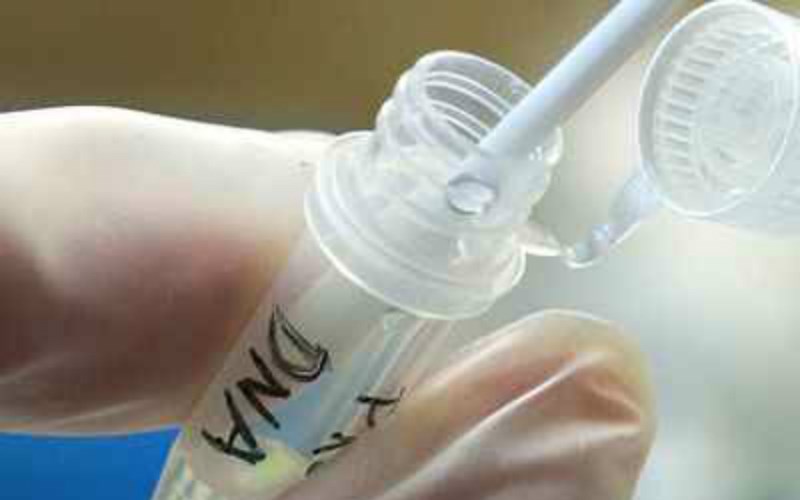"With appropriate medical care, because we've had such significant advancements in medical care, children born with Down syndrome can lead very healthy, happy lives," says Tara Sander Lee, Ph.D., senior fellow and director of life sciences at the Charlotte Lozier Institute. "We actually see now an average life expectancy of 60 years."
Meanwhile, Sander Lee points out that false positives from some prenatal screens often mislead anxious parents to abort a perfectly healthy child.

"For every ten low-risk pregnant women screened, at least five of the results are expected to be wrong with no risk of Down syndrome at all," she explains. "So, it's just really important that people understand that these labs market these screens to pregnant women and they portray them as being definitive tests – but they're not.
"The tragedy," she continues, "is that not only are babies with diseases being aborted … but perfectly healthy babies are also being aborted based on these faulty DNA screens."
In March 2021, Dr. Sander Lee testified before a South Dakota Senate committee regarding a bill prohibiting the performance of abortions due to Down syndrome. During that testimony, she discussed the high false-positive rate of incorrect reporting in standard screening tests.
"Eliminating young lives is not the answer to eliminating disease and disability once a risk of the disorder is identified," she stated then. "Destroying the patient is not curative medicine. Such acts become a modern-day form of eugenics."
At least three states – Arizona, Arkansas, and Indiana – have passed laws barring abortions based on a Down syndrome diagnosis. In June, the Supreme Court threw out lower-court rulings that invalidated these laws.
Related paper from Charlotte Lozier Institute:
Improving joyful lives: Society's response to difference and disability







